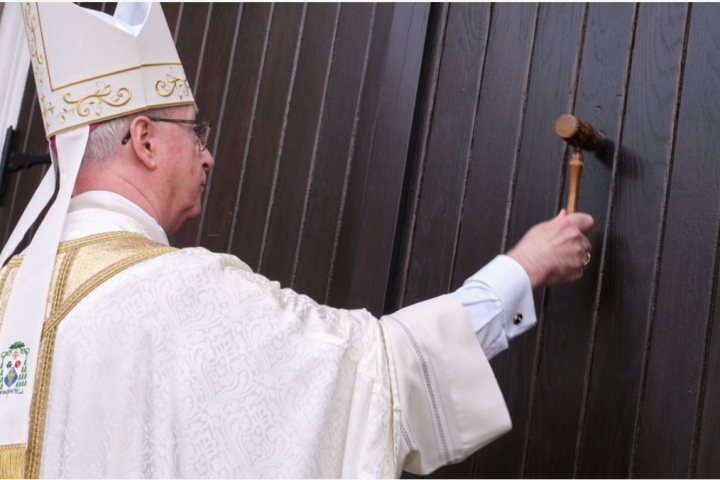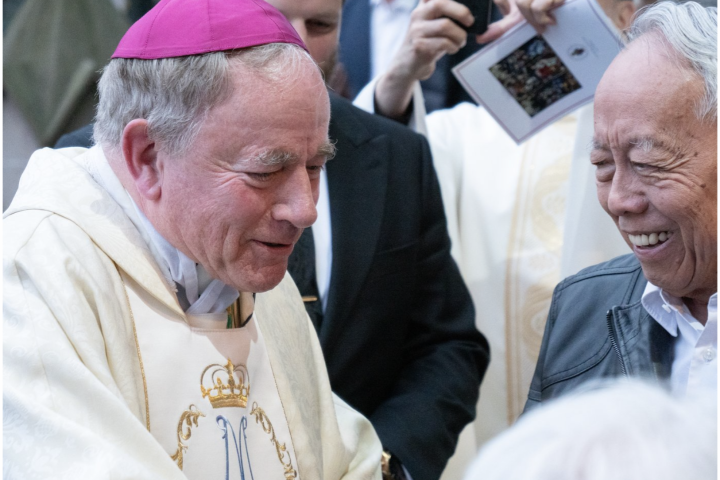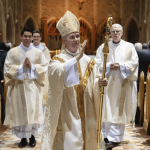Justin Trudeau announced today that he will resign as Prime Minister and Liberal leader once members select his successor through a nationwide party leadership election.
The man who has resided at 24 Sussex Dr. since his first federal electoral victory in 2015 told media assembled at Rideau College that he called upon Governor General Mary Simon to prorogue Parliament until March 24.
Simon’s granting of Trudeau’s request would theoretically enable the Liberals to conduct an expedited leadership race without facing the prospect of opposition parties toppling the government via a non-confidence vote later this month or during February.
Late March is also the longest projected period for the government to carry on without approved spending. A Speech from the Throne will begin the next session of Parliament, which will naturally open the door to a vote that could trigger an early election.
All eyes would be on NDP Leader Jagmeet Singh, who proclaimed on Dec. 20 that “no matter who is leading the Liberal Party, this government’s time is up.”
After remaining largely silent over the Christmas break amid an increasingly vocal chorus of Liberal Party MPs, opposition party politicians and Canadian citizens calling for his resignation, Trudeau told the assembled media that he informed his family about his choice last night.
“This country deserves a real choice in the next election, and it has become clear to me that if I’m having to fight internal battles, I cannot be the best option in that election,” said Trudeau.
Though the House of Commons has been “paralyzed for months,” in Trudeau’s words, the drama reached a fever pitch with the dramatic resignation of Deputy Prime Minister and Minister of Finance Chrystia Freeland on Dec. 16 — the day the government tabled a fall economic statement with a $61.9-billion deficit.
Freeland and former Bank of Canada and Bank of England Governor Mark Carney are mentioned as possible contenders for Trudeau’s job.
Prorogation would terminate every piece of legislation that has not yet become law. Notably, the controversial Online Harms Act, Bill C-63, which critics have derided as a mechanism for the government to censor Canadians, would be completely terminated (though the Liberals made it easier to vote down the more controversial aspects by splitting the bill into two).
Trudeau’s decision to remain as PM until March 24 signals his intent to steer Canada through the first two months of Donald Trump’s second term as U.S. president.







